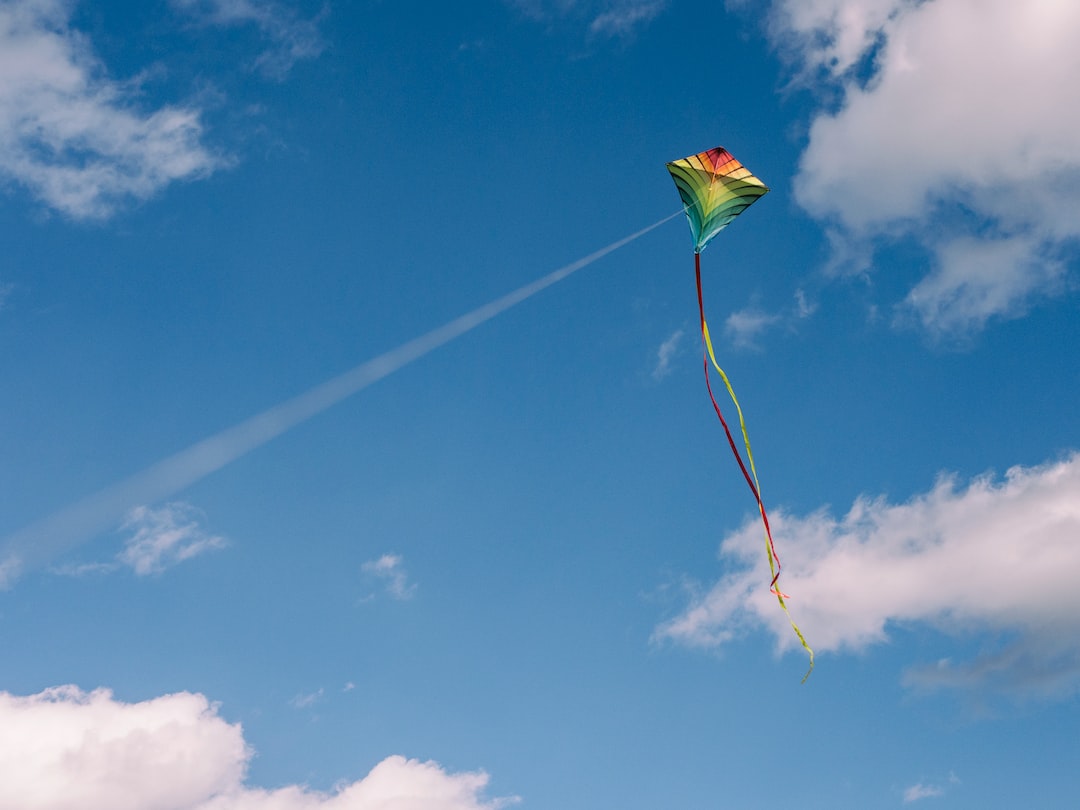The Influence of Gaming on Pop Culture: From Movies to Music
In recent years, gaming has become a powerhouse in the entertainment industry, surpassing movies and music in terms of revenue and popularity. The rise of gaming can be attributed to its immersive and interactive nature, allowing players to become part of their favorite stories and worlds. As a result, the influence of gaming has extended beyond the gaming community, shaping and influencing pop culture in various forms, from movies to music.
One of the most direct impacts of gaming on pop culture is evident in the film industry. Hollywood has recognized the potential of adapting successful video game franchises into movies, hoping to capitalize on their existing fan bases. This trend is not new, with early examples such as the “Super Mario Bros.” and “Resident Evil” films, but it has grown significantly over the years. Recent successes such as the “Assassin’s Creed” and “Tomb Raider” adaptations serve as strong evidence of the influence gaming has on film.
These adaptations not only bring beloved gaming characters and stories to a wider audience but also introduce new fans to the gaming world. The reverse is also true, as successful film adaptations often inspire gamers to delve deeper into the lore and gameplay of the original video games. This cross-pollination of mediums has created a symbiotic relationship between gaming and movies, allowing for the exchange and expansion of storytelling techniques and ideas.
Furthermore, the influence of gaming is not limited to movies alone. It has also permeated the music industry, with numerous artists incorporating gaming elements into their music and stage performances. This fusion can be seen in various genres, from pop to hip-hop, as artists draw inspiration from iconic video game soundtracks or sample actual game sounds.
For instance, the Grammy-winning artist Drake referenced the popular game “Fortnite” in his hit song “God’s Plan” when he sings, “She say, ‘Do you love me?’ I tell her, ‘Only partly / I only love my bed and my momma, I’m sorry.’ / 50 dub, I even got it tatted on me / 81, they’ll bring the crashers to the party.” The line refers to the game’s “dub” or victory, with 50 being a high score, and “crashers” referencing in-game events. This blending of gaming and music shows how deeply ingrained gaming has become in popular culture.
Additionally, gaming has also influenced music in terms of thematic content and storytelling. Many artists draw inspiration from video game narratives, exploring themes of escapism, heroism, and fantasy in their song lyrics. This connection allows both gamers and music lovers to find common ground, bridging the gap between these two seemingly separate worlds.
Moreover, gaming has also affected the fashion industry, with gamers now influencing trends and popularizing specific styles. Cosplay, short for “costume play,” is a prime example of this phenomenon where gamers dress up as their favorite characters from video games and attend conventions or events. The popularity of cosplay has spilled over into mainstream fashion, with designers and brands incorporating gaming themes and aesthetics into their collections.
The influence of gaming on pop culture can also be observed in social media and digital platforms. Streaming platforms like Twitch, where gamers can live-stream and share their gaming experiences, have gained immense popularity. This has created a new wave of influencers and content creators who have amassed millions of followers and subscribers, giving gaming further exposure and impact.
In conclusion, the influence of gaming on pop culture is undeniable. From Hollywood adaptations to musical crossovers and even fashion trends, gaming has transcended its original boundaries and become a force to be reckoned with. Its ability to captivate audiences and immerse them in interactive storytelling has paved the way for gaming to shape the world of movies, music, and beyond. As gaming continues to evolve and expand, its influence on pop culture will undoubtedly continue to flourish.
